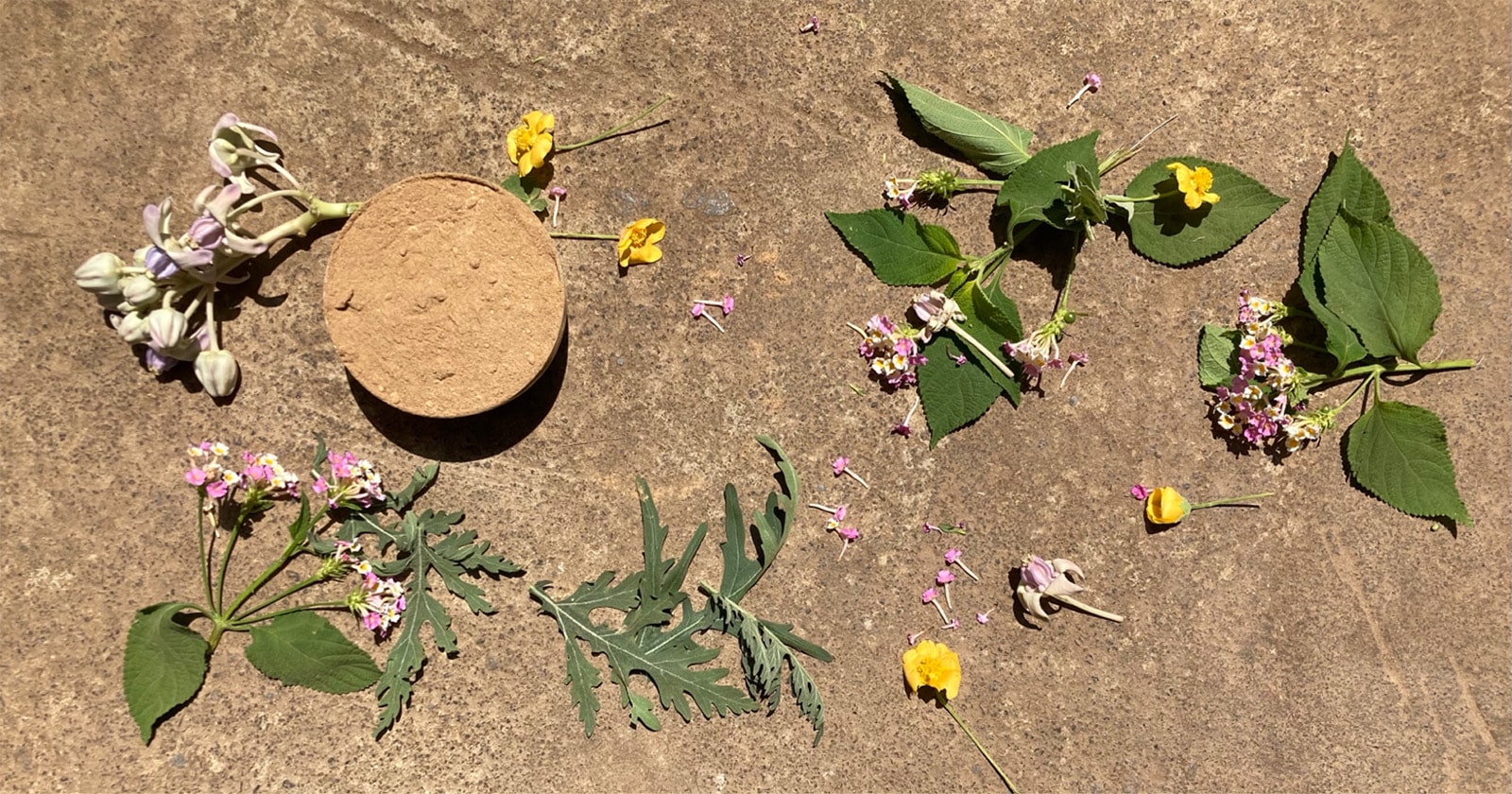
3 things you didn't know about Omega-3
Omega-3 is in everyone’s must feed list but how well do you know your Omegas? Here are some fun facts we thought you would find interesting!
1. Dogs and Cats can not get enough Omega 3 through seeds, oils and veg!
An Omega-3 fatty acid is considered an essential fatty acid, meaning the animal’s body doesn’t produce it, so it needs to be consumed.
Vegetable based sources of Omega-3 are in the form of alpha-linolenic acid, known as ALA. ALA is found in green leafy vegetables as well as flax, hemp, chia and other plant oils. The ALA needs to be converted to eicosapentaenoic acid (EPA) and docosahexaenoic acid (DHA) since EPA and DHA are the active forms of Omega-3 fatty acids that are readily available for absorption and use.
Herbivores and omnivores can convert plant based ALA sources to EPA and DHA through a series of enzymatic reactions. Dogs can only convert approximately 5 to 15 percent of the ALA sources and Cats can’t convert it at all - so they truly need animal sources of Omega 3.
2. Fish Oil Supplements cause more harm than they help!
There are a plethora of reasons to avoid fish oil - among them the fact that there is absolutely no finding out what kind of fish the oil has been sourced from and whether fishing was sustainable / what quality the fish was.
Secondly the omega-3 fatty acids in fish oil are very vulnerable to oxidative damage. This means they break down when they’re exposed to air, which can ultimately cause a bunch of health problems from inflammation to cancer. When the oil oxidizes and breaks down into smaller compounds, chemical by-products get released. These by-products, also known as ‘free radicals’, are atoms that bind to cells and if there are too many they can cause damage to cells and the DNA, and are thus connected to cancer development.
So dump the Fish Oil today and give your furry a healthy dose of Omega 3 in the form of fresh whole fish or our Omega 3 Powder.
3. Processed Pet-Foods lack Omega Balance
A balanced diet should have a little more omega-6 than omega-3. But today’s processed food diets for dogs and cats are overloaded with omega-6 fatty acids.
Processed Pet Food shows no hints as to where the little bit of protein added is from, which is often from less than desirable sources. And using low quality protein that is sourced from animals that were fed cheap grain diets and possibly treated with medication due to clustered living circumstances means that the meat will not have a balanced nutritional profile. Farm animals have a diet of roots, leaves and grasses that are higher in omega-3s and vitamins, which herbivores can digest and pass on to our pets.
Feeding a wholesome diet will prevent inflammation, itches and the Omega 3 will keep your pets’ coat shiny and fresh! Opting for the best quality of food is a long term investment into your pets health!
Fresh whole fish are a widely available source of dense Omega 3 so they can naturally help balance off the naturally high Omega-6 in other meat sources. However, fish is not the only choice for an Omega 3 boost though - Emu for example is rich in Omega 3, so is Phytoplankton like Kelp, Duck also goes in the list :)
At Canine India we offer dehydrated options for easy storage and introduction to new foods! You can browse our omega-3 collection here.


Leave a comment